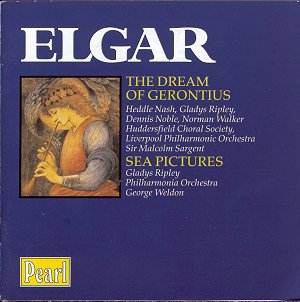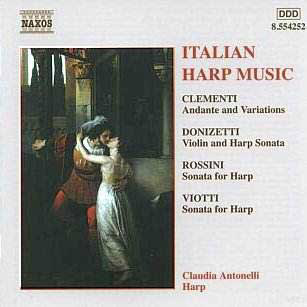 Composer: Jean Sibelius
Composer: Jean Sibelius
Works: Songs Volume 2: Hymn to Thais, Five Christmas Songs, Eight Josephson Songs, Sangen om korsspindeln (King Christian II), Four Songs, Six Songs, Sma flickorna
Performers: Monica Groop (mezzo), Love Derwinger (piano)
Recording: January 1994 in Stockholm (DDD)
Label: BIS
Jean Sibelius, a towering figure in the Scandinavian musical landscape, is often celebrated for his symphonic innovations and orchestral mastery. However, his artful contributions to vocal music, though less frequently performed, reveal a profound sensitivity to text and melody that challenges preconceived notions of his compositional voice. The second volume of Sibelius’s songs, performed by the Finnish mezzo-soprano Monica Groop and pianist Love Derwinger, is a compelling exploration of this lesser-known facet of his oeuvre, inviting listeners into the intimate world of Finnish lyricism and nature-inspired poetics.
Groop’s voice resonates with a rich contralto quality that perfectly encapsulates the emotional depth and nuanced character of Sibelius’s songs. From the very first notes of “The Fool’s Song of the Spider,” Groop captures the duality of nobility and earnestness woven into the vocal line. The piano accompaniment, characterized by its tonal contrasts and delicate filigree, is expertly navigated by Derwinger, whose playing complements Groop’s vocal expressiveness. The recording quality is pristine, allowing the subtle interplay between voice and piano to emerge with clarity and richness.
The Five Christmas Songs, composed between 1895 and 1909, exhibit a delightful simplicity, yet they are imbued with a warmth and spirituality that Groop conveys with remarkable sensitivity. Songs like “Now Christmas has Come” and “Give me no splendour, gold or pomp” showcase her impeccable diction and intonation, essential for conveying the songs’ poignant messages. Groop’s ability to maintain a steady tone while navigating the slower tempos of these pieces highlights not only her technical prowess but also her interpretative maturity, as she imbues each phrase with genuine emotion.
The Eight Josephson Songs, particularly “The River” and “A Flower stood by the wayside,” illustrate Sibelius’s deep connection to nature. Groop’s rich low notes in “The River” are spine-tingling, delivering a visceral impact that resonates well within the context of Sibelius’s elemental inspirations. The piano’s role in these songs is not merely supportive; it possesses a narrative quality that enhances the lyrical themes. Derwinger’s dynamic control, particularly in “The Mill Wheel,” where the piano part pulsates with life, further enriches the storytelling aspect of the performance.
Sibelius’s “Hymn to Thais,” the only song he composed in English, poses an intriguing challenge. While its hymn-like structure is appealing, the song’s effectiveness remains somewhat contentious, as Groop’s interpretation flirts with the boundaries of sincerity and theatricality. Nevertheless, her soaring high notes and the expressiveness of her phrases lend the work a sense of grandeur that is hard to overlook. The subsequent Six Songs, notably “The Kiss” and “A Hundred Ways,” reveal the composer’s ability to blend lyrical poignancy with subtle complexity. Groop’s nuanced phrasing transforms “The Kiss” into an intimate dialogue, while her emotive delivery of “A Hundred Ways” strikes a profound chord, showcasing her ability to convey deep feeling through musical simplicity.
The recording is enriched by its engineering, which captures the nuances of both voice and piano in a manner that feels intimate yet expansive. Each song is delineated with clarity, allowing listeners to appreciate the intricate details of the performance. Comparisons with other recordings of Sibelius’s songs, particularly those featuring Anne Sofie von Otter, reveal Groop’s unique interpretative lens, which brings a different, yet equally valid, perspective to these rich works.
The artistry of Monica Groop and Love Derwinger in this recording of Sibelius’s songs offers an essential addition to the repertoire that honors the composer’s nuanced lyricism and emotional depth. This collection not only showcases the technical prowess of its performers but also serves as an evocative reminder of Sibelius’s ability to capture the human experience through song. A must-have for any serious collection, this disc stands as a testament to the enduring power of Sibelius’s vocal music, eloquently realized by two exceptional artists.



